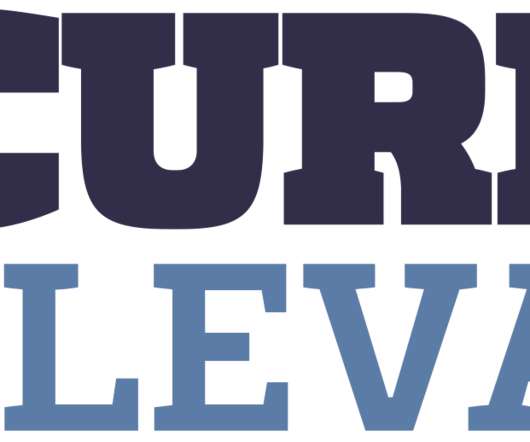New Cyberthreats for 2021
Adam Levin
DECEMBER 7, 2020
Approximately 30% of phishing web pages were related to Covid-19. In April 2020, Google reported 18 million instances per day of malware and phishing email sent via its Gmail service using Covid-related topics as a lure. Phishing emails were a prevalent mode of attack, and they have been in circulation since at least the mid-1990s.












Let's personalize your content